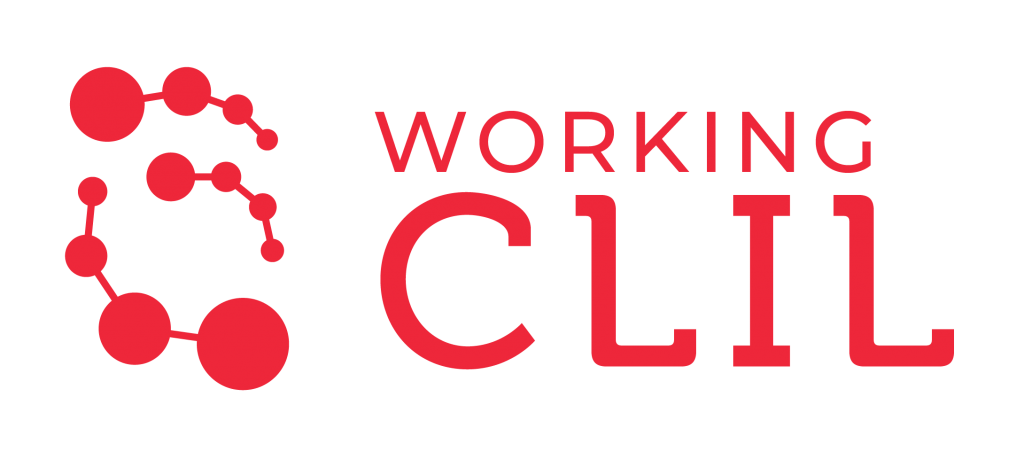Currently, we are listing all publications related to CLIL in the CETAPS repository. These include books, publications made by members and non-members, as well as dissertations and theses. To consult them, simply access the CETAPS repository. Visitors can perform a general search or, if they prefer, browse more detailed fields such as author name, issue dates, titles and subjects. Publications for the period 2018-2024 are also listed below:
Publications
Book
